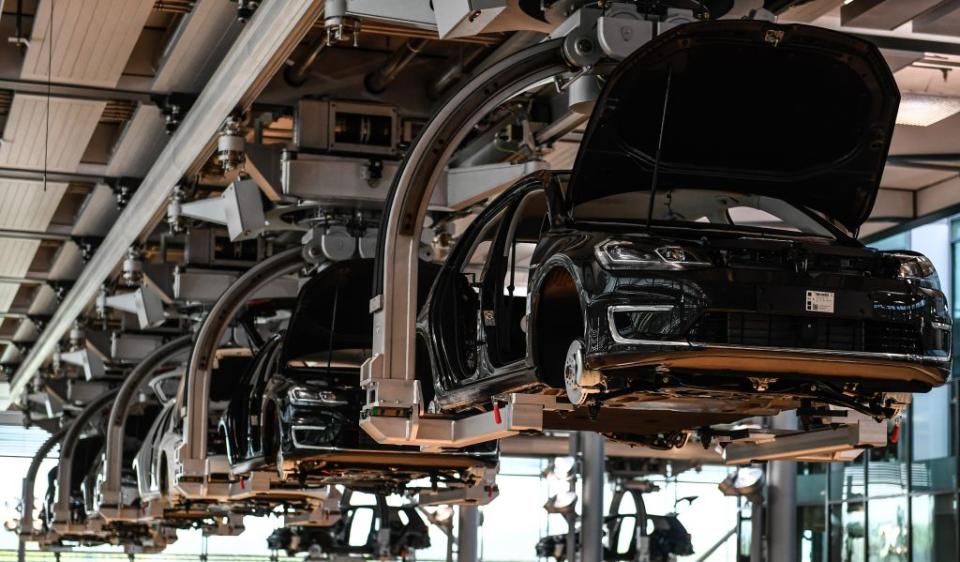Automakers may have completely overestimated how many people want electric cars

Tesla was right. The electric-car maker proved that hundreds of thousands of people will buy sleek, luxury electric cars over models from BMW to Mercedes. As the legacy brands’ market shares have slipped amid the electric onslaught, automakers are making massive investments in the electric future. Volkswagen has its $50 billion EV push. Daimler just placed a $23 billion battery order for EVs. GM and Ford are both undergoing massive restructuring to keep pace.

While the transition to electric vehicles is virtually certain, the timing is anyone’s guess. Plug-in electric cars still represent just under 2% of the US market, and 2.2% worldwide. Despite exponential growth, with a record 2 million or so EVs sold worldwide last year, only one in 250 cars on the road is electric. Only Norway, which has lavished subsidies and perks on EVs, has seen the EV share of new car sales rise to around 30%.

The consulting firm Deloitte studied the dilemma this presents for the auto industry. How fast can carmakers invest in new electric technology while generating profits to make the transition? The firm expects 21 million battery electric vehicles to roll off assembly lines over the next decade as EV prices fall below comparable gasoline and diesel models by 2024.
But the rush to expand EV manufacturing capacity is predicted to produce a glut of EVs, undermining automakers’ bottom lines. “Our projections suggest that supply will vastly outweigh consumer demand by approximately 14 million units over the next decade,” states Deloitte. With every major manufacturer intending to mass-produce EVs, alongside more than a dozen new carmakers around the world, “Deloitte’s research suggests that the number of manufacturers is unsustainable.”
David Keith, an engineer and professor at the MIT Sloan School of Management, says it’s possible the appeal of EVs won’t spread fast enough beyond “techies and greenies” who fueled the early days of the market. “Arguably, for most consumers in the US today, there’s not a problem that an EV solves for them,” says Keith. He predicted EVs could struggle to break 5% of the US market in the near future.
Sven Beiker, a former BMW engineer who now runs the consulting firm Silicon Valley Mobility, shared those concerns. Even as prices come down, crucial government subsidies for EVs will phase out for Ford, Nissan, GM, and Tesla. That could deter price-sensitive buyers. “Tesla is impressive,” Beiker said. “The Model 3 is at the top of the list for 2018 car sales. But the question is to what extent that is because it is an EV and to what extent that is because it is a cool and new car?”
Of course, China and Europe, wielding legislative mandates and generous subsidies, are powering ahead with EV adoption. Fossil-fuel vehicles may have already peaked in China (where carbon-free vehicles already represent 4% of total sales). and diesel-loving Volkswagen now plans for a quarter of its cars to be electric by 2025. Unless the US follows suit, it may not be enough to absorb the wave of new EVs that’s cresting.
Sign up for the Quartz Daily Brief, our free daily newsletter with the world’s most important and interesting news.
More stories from Quartz:
